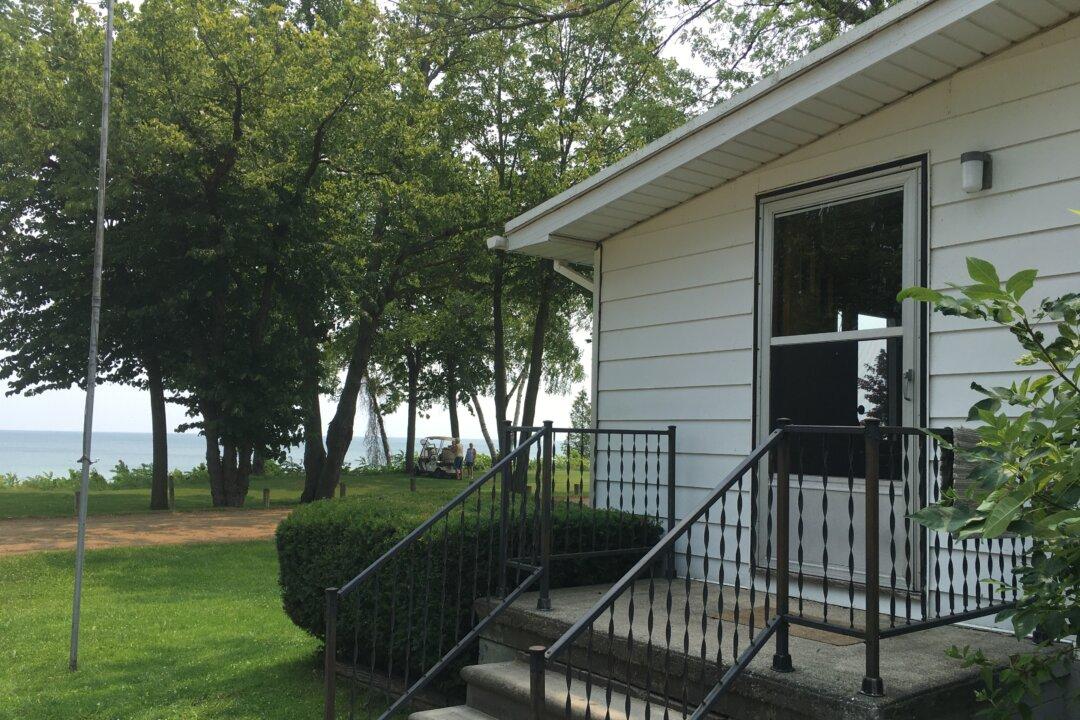LANSING, Mich.—Michigan may soon become the latest of a handful of vacation destination states to enact laws protecting the short-term residential rental industry.
Since the advent of online booking and collection services such as Airbnb and VRBO, short-term rentals have become big business in states like Arizona, Florida, Idaho, and Tennessee, all of which have used state law to keep municipalities from banning or over-regulating short-term rental properties.





